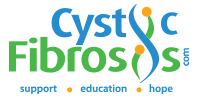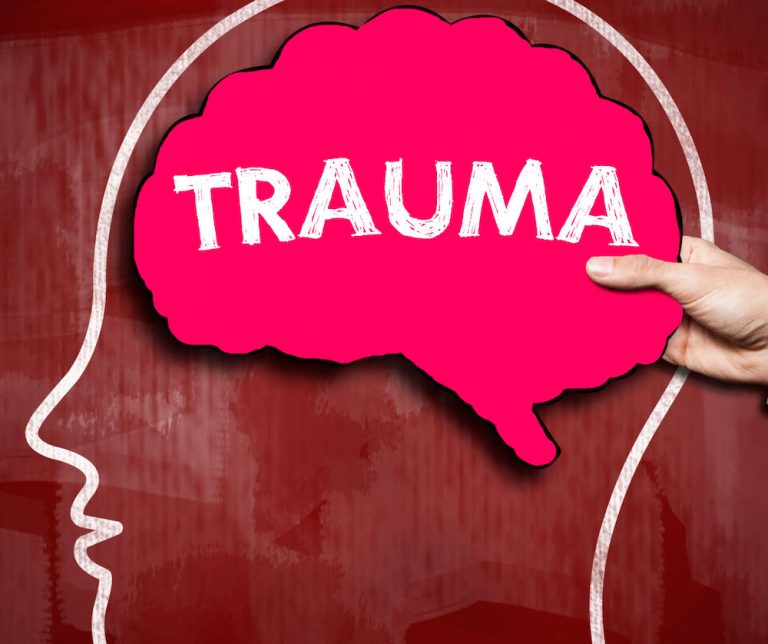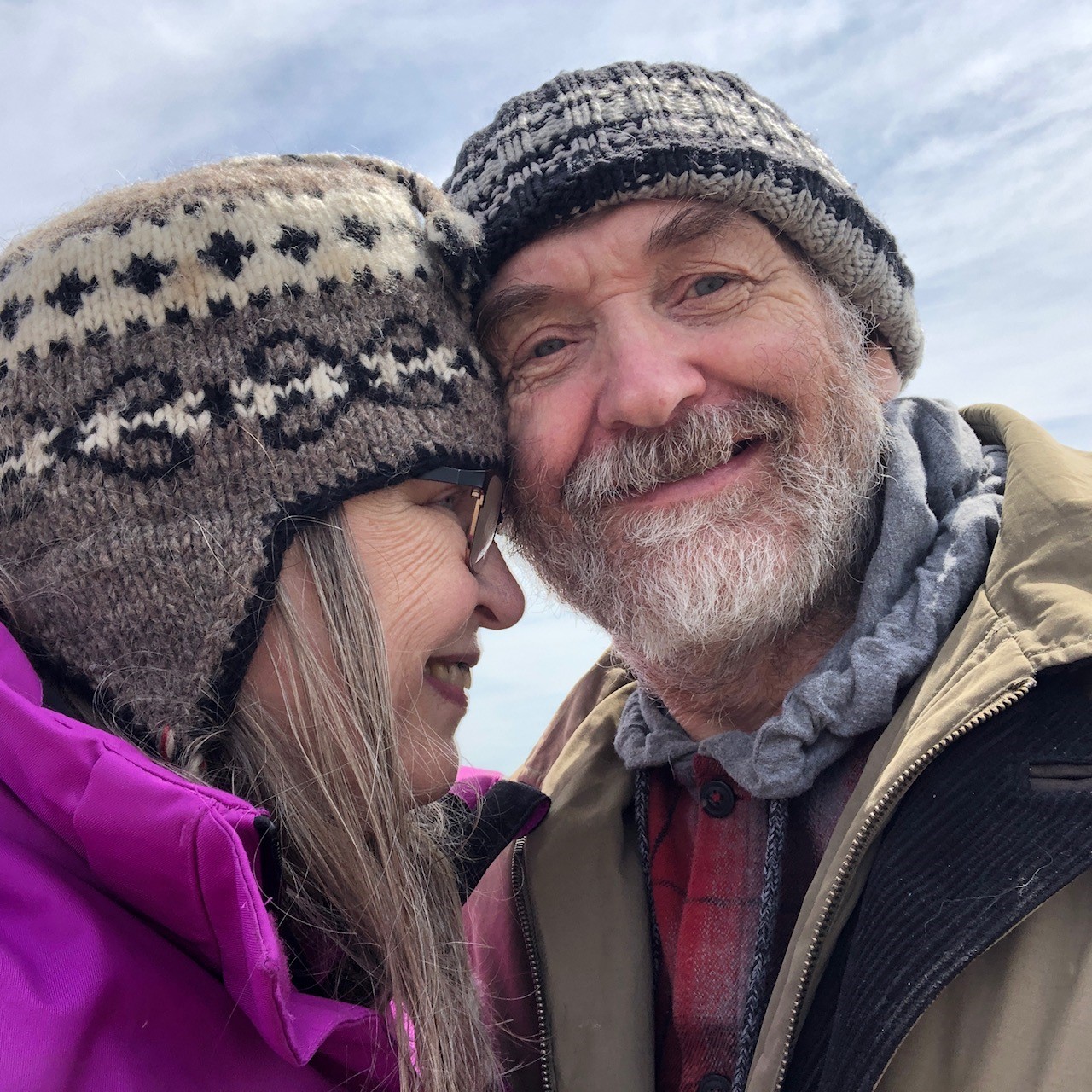Why your ADHD Symptoms Might Actually be Trauma
– By Tina Clarke
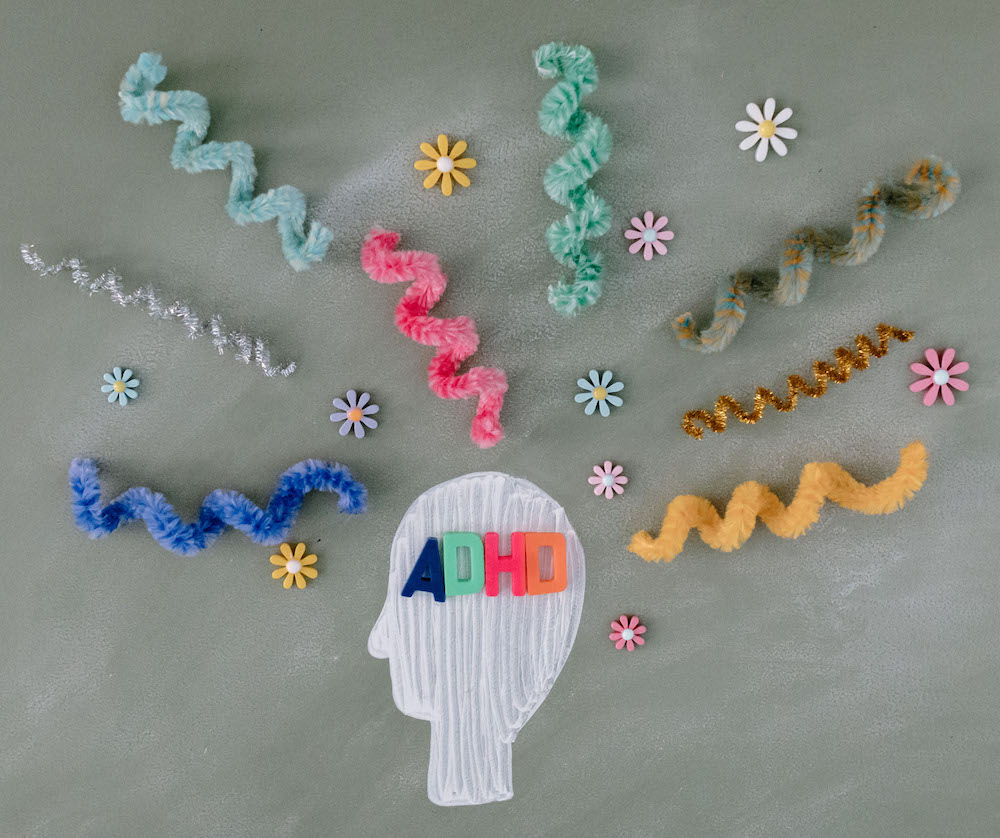
Results from studies like the TIDES study indicate that the prevalence of ADHD symptoms in children and adults with CF are significantly higher than the rest of the population, as are anxiety and depression. Researchers find some connections between anxiety and depression and whether the patient caregivers have these diagnoses as well, but what about the reasons for ADHD? Researchers don’t have answers yet for the curious relationship between CF and ADHD symptoms, but there appears to be a gap in exploration of possibilities that can also apply to the higher incidence of anxiety and depression as well: Trauma.
I know the T word is being thrown around a lot in society currently but when it comes to serious disease like cystic fibrosis, trauma should most definitely be understood better and talked about more.
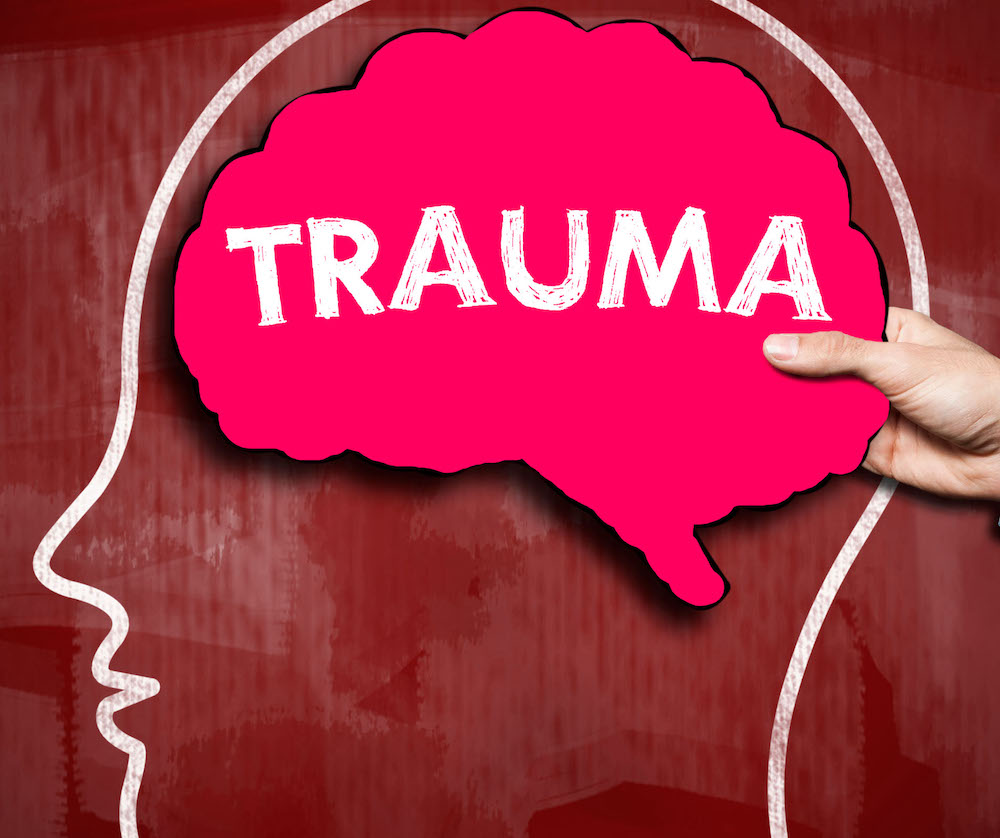
Trauma and Parents
If you are wondering what ADHD and trauma have to do with each other, I shall try to explain. Trauma is when we have been unable to fully process an experience, on the physiological and psychological levels. In the words of Dr Gabor Maté, ”Trauma is not what happens to you, it’s what happens inside you as a result of what happened to you.” In CF this could look like facing abuse, lack of love or connection, like it could be with any other child/person, or it could be due to direct influences of living with CF. To be told that you have a lifelong illness is unfathomable to most children, and lets not forget the parents – for a new parent to be informed that their child has CF is deeply disturbing at a minimum, and possibly traumatic. So before we even arrive at our individual ability to process living with serious illness, our parents are the first people who are at risk of trauma due to our diagnosis.
Co-Regulation
If our parents are traumatised, it is known that that can interrupt their ability to be emotionally fully present for their child and offer the calm, regulated nervous system that we need as children to regulate our own nervous system and emotions. This is called co-regulation, and as human infants we rely on this nervous system to nervous system connection to grow our own capacity to self-regulate ie. be able to move fluidly through different experiences without feeling regularly overwhelmed or stuck in a hyperaroused (fight/fright/flight) or hypoaroused (dissociation/numb/depressed) state.
The Reality of CF
As we grow a little older and become more aware of ourselves in relation to our own body, our world and the people in it, we also become more aware of CF and what it means for us. CF brings our physical vulnerability into the spotlight, and the many symptoms, treatments and medical interventions that are required to keep us alive and hopefully thriving. For a young human to physically and emotionally process the concept of our own death, physical pain and discomfort, complex emotions like guilt and shame, the unrelenting necessity of daily medical treatments and invasive medical interventions can be problematic and cause Complex or Chronic Trauma.
The Symptoms of Trauma Vs ADHD
Trauma is not necessarily the same as PTSD so is less often recognised, particularly by doctors of chronic illness patients. When we have unresolved trauma it can show up as brain fog, headaches or gut issues. But here’s the interesting part, ADHD and trauma have symptoms that overlap and therefore your ADHD symptoms could actually be trauma that is undealt with.
If you experience agitation and irritability, heightened impulsivity and risk-taking, disorganization, poor self-esteem, inattention & distraction, problems concentrating, difficulty with work, school, sleep and chores, you may be diagnosed with ADHD but you may actually have trauma – experts agree that these symptoms can show up in both diagnoses.
You may have other symptoms alongside your ADHD symptoms but not connect them together as actually a trauma diagnosis; inflammation, exaggerated startle responses, forgetfulness, repetitive nausea or migraines, fatigue, feeling overly emotional, anxiety and depression, and treatment or medical appointment avoidance are all examples of signs of trauma.
Post Traumatic Growth & Neuroplasticity
The hopeful news about trauma is that Neuroplasticity means you can change your nervous system and brain (where trauma is stored)with appropriate treatment and practices. Sometimes this might involve medication as well as therapy (somatic, psychological or behavioural) but know that your trauma story doesn’t need to hold you back. Post Traumatic Growth is a recognised potential where learning and processing after the traumatic experiences can promote healing and change on a biopsychosocial level for future thriving. If you have been diagnosed with ADHD alongside your CF, you may want to speak to your medical team or a complex trauma specialist to explore your symptoms further to see if some nervous system regulation therapy would be beneficial for you.
***
About Tina Clarke…

Tina is 43 years old, was born with the genetic disease cystic fibrosis and received a double lung transplant in 2014. Tina has worked in her passion of bodymind health and wellness for over 20 years helping hundreds of people with various conditions. She specialises now in Somatic Movement and Embodiment for trauma, anxiety and stress due to living with chronic illness, cancer or organ transplant. Tina facilitates online group courses, working with registered charities and other organisations and does one-on-one coaching for empowering individuals to understand how their bodymind is affected by their health and medical experiences, and how they can improve their resilience, emotional balance, anxiety and traumatic stress symptoms through a body based approach, whilst incrementally improving their relationship with their body, whatever their physical condition.
Tina has studied and qualified in Natural Nutrition, Regression Therapy, Yoga, Body Mind Centering, and is in continuing studies for Body Mind Psychotherapy, Embodiment and Somatic Trauma Therapy.
